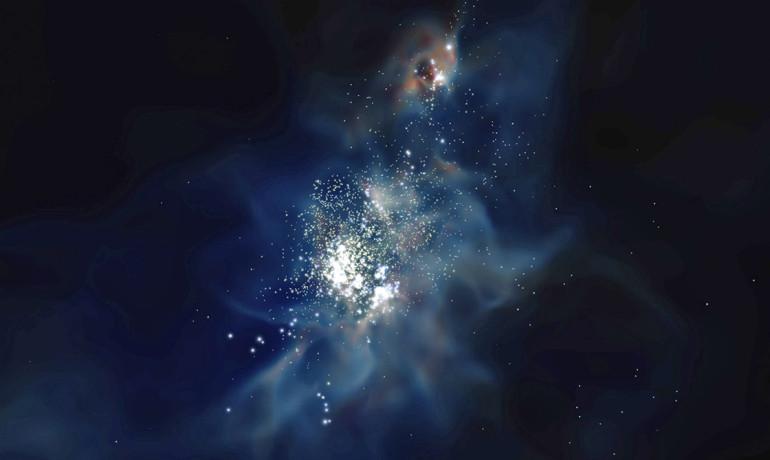A plan to send out powerful radio messages with the intention to discover alien civilizations on other planets has caused concern for some scientists who think it would be akin to opening Pandora’s Box.
The call to send out the messages was made by the Search for Extra Terrestrial Intelligence institute, or SETI, at a American Association for the Advancement of Science meeting in San Jose, Calif. The scientists have discovered an “active” form of search called METI, or Messages to Extraterrestrial Intelligence.
But critics of the move, according to the Independent, have said that sending out such direct and powerful messages would prompt visits from malevolent aliens who could wide out humanity on Earth.
“A small cadre of SET radio astronomers has resisted the notion of international consultation before humanity takes the brash and irreversible step into METI, shouting our presence into the cosmos,” David Brin, who is a space scientist and author, told the paper.
“That’s all very well if the only one you’re putting at risk is yourself. But when that risk is imposed upon our children and all of humanity on the planet, is it too much to ask that we discuss it first?”
The current SETI initiative is more about listening instead of transmitting messages.






